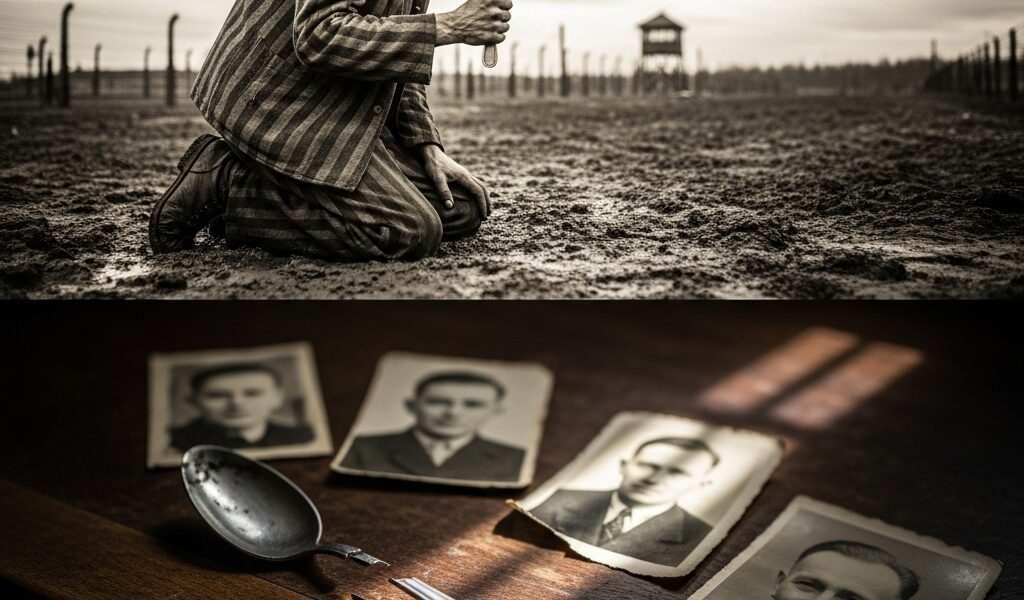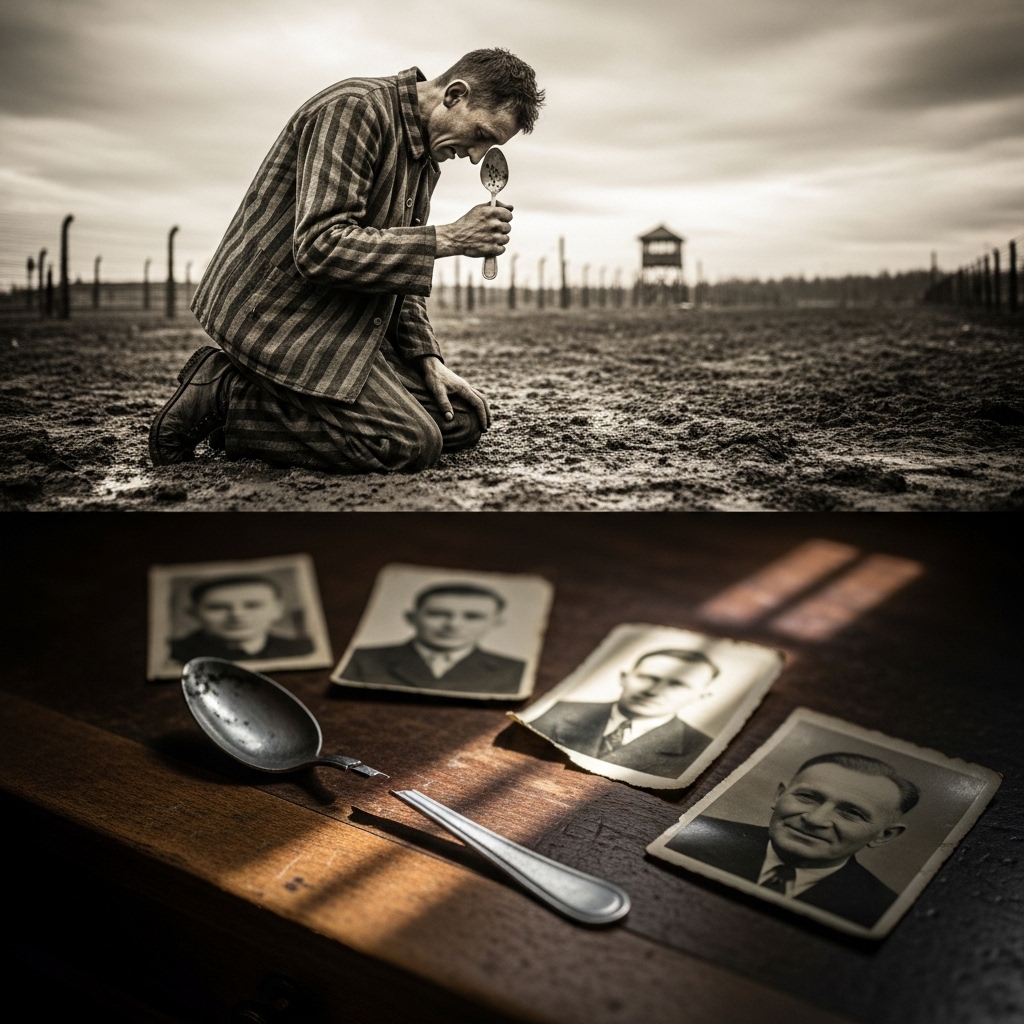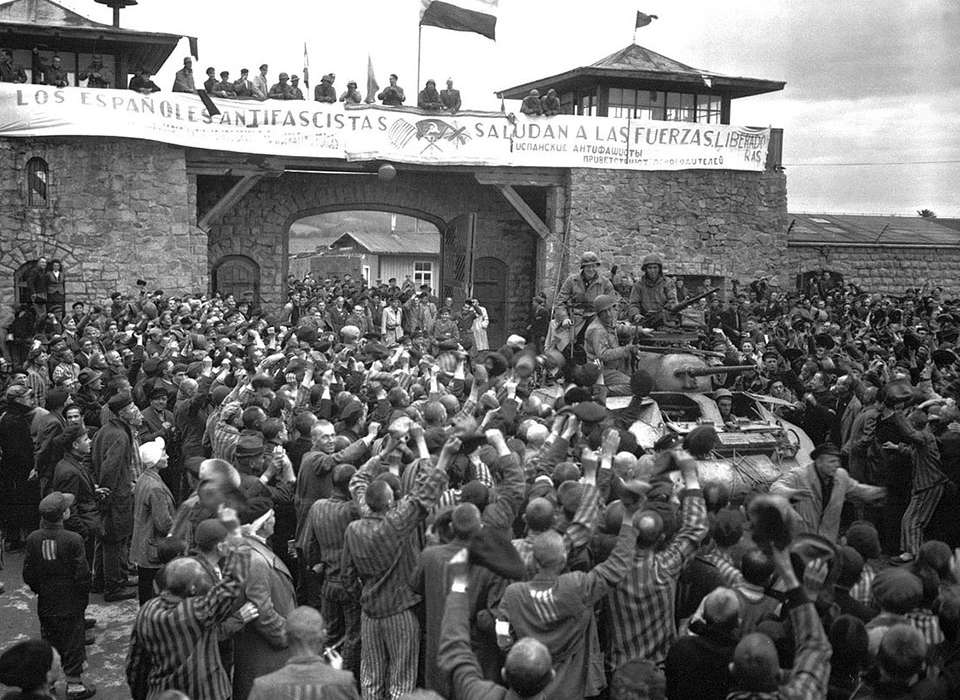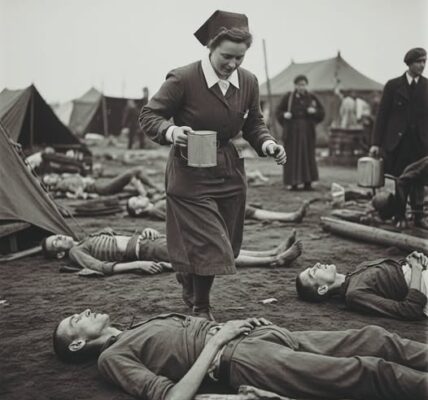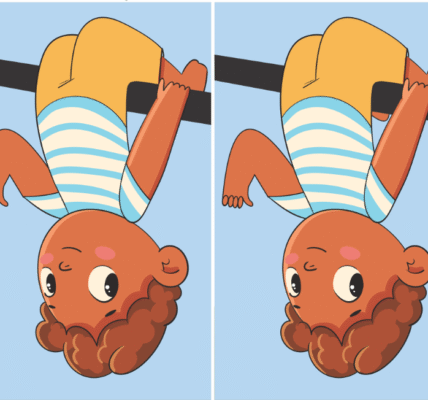In the mud and filth of Mauthausen, where the air itself seemed poisoned with despair, a prisoner knelt on the frozen ground. His striped uniform clung to his body like a shroud, and his eyes, hollow from hunger and grief, fixed upon something that glimmered faintly in the dirt. It was not gold, nor bread, nor any treasure the world might covet—it was half a spoon, bent and battered, abandoned like the countless lives extinguished around him.
To anyone else, it would have been nothing. But to him, in that place of calculated starvation, it was everything. He lifted it with trembling hands, pressing the cold metal to his lips as if it were a relic. That broken spoon became his companion, his lifeline, his quiet rebellion. With it, he ate not like an animal forced to gulp from the trough, but like a man reclaiming the smallest fragment of dignity. Every scrape of soup, every crumb of bread balanced on its edge, became a ceremony of survival.
The camp was designed to erase identity, to grind men into dust beneath the boots of their oppressors. Names were replaced by numbers, families severed, voices silenced. Yet in the simple act of using that spoon, he asserted: I am still here. I still belong to life. It was no longer just metal—it was defiance, a shield against the machinery of annihilation.
There were nights when the hunger was unbearable, when death whispered through the barbed wire. He clutched the spoon as if it were a talisman, feeling the rough edges cut into his skin. He imagined the meals of his childhood, his mother’s table, his father’s stories, the laughter of brothers long vanished. The spoon carried memory, and memory carried hope.
When liberation finally broke the gates in 1945, he staggered out not as a conqueror but as a shadow of a man. Yet in his pocket, hidden against his ribs, the spoon remained. It traveled with him back to a world that had been shattered beyond recognition. He had no house, no country, no family to return to—only this fragment of bent steel. But it was proof. Proof that he had endured. Proof that they had not taken everything.
Years later, in the quiet of his study, the spoon rested on his desk. Around it lay photographs of faces gone forever—friends, brothers, fellow prisoners who had never seen the gates open. He would sit before it in silence, sometimes weeping, sometimes whispering words no one else could hear. To the world, it was just a broken spoon. To him, it was his medal, his testimony, his declaration: I lived.
Unlike monuments of stone or declarations etched into history books, the spoon spoke in whispers. It told a story of resilience, of a man who clung to life not with weapons or banners but with the simplest tool of survival. It was not a relic of victory, but of persistence—the will to exist when existence itself was forbidden.
And in that quiet persistence lies the essence of humanity. The broken spoon of Mauthausen is not just one man’s story; it is the story of us all—the reminder that even in the face of cruelty, the smallest act of holding on can be a triumph.
